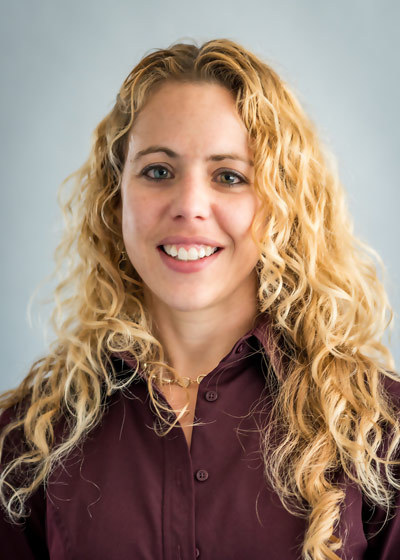Colby-Sawyer Assistant Professor Awarded Grants to Advance Science Research
Colby-Sawyer College School of Arts & Sciences Assistant Professor Chery A. Whipple, Ph.D., was awarded two grants that will advance science research at the college and throughout the state.
Whipple was one of three principal investigators on a National Institutes of Health – Science Education Partnership Award (SEPA) grant, titled Learning Science Through Research. The more than $1.2 million grant extends for five years and was submitted through the New Hampshire Academy of Science (NHAS), where Whipple serves on the board of directors and chairs the education committee.
The NHAS is a nonprofit organization that provides novel research opportunities to middle and high school students, with a particular focus on those from underrepresented populations. With the SEPA grant, the NHAS will expand its after-school and summer research courses at its primary lab in Lyme, N.H., and will develop satellite labs at neighboring schools and museums, including one that provides novel summer research opportunities at Colby-Sawyer. The grant will also be used to bring Colby-Sawyer education students and current teachers into the lab to learn the latest molecular techniques in conjunction with developing curricula based on novel research.
“The SEPA grant provides an ideal opportunity for collaboration between the NHAS and Colby-Sawyer as well as allowing the local teaching community to take part in science and technology research,” said Whipple, who has been teaching at Colby-Sawyer since 2017. “Ultimately, the goal is for middle and high school science classes to become less “cookbook” and instead be geared toward inspiring curiosity and project-based learning. I am thrilled to be building upon our education program to add support for teaching science from a pedagogical approach that embraces and financially supports discovery and investigation-based science at all levels: elementary, middle and high school.”
Whipple was also awarded a $53,842 grant through New Hampshire INBRE (IDeA Network of Biomedical Research Excellence), based on research conducted during the summer 2019 research assistantship course cosponsored by Colby-Sawyer College and NH-INBRE. The grant engages Colby-Sawyer students in novel research looking at the biological impact of the emergent contaminant PFAS (a manmade chemical) on the growth, development and viability in both cell lines and the model organism, C. elegans.
“The INBRE grant will support Colby-Sawyer students as they present their work at conferences, network with fellow scientists, and co-author scientific publications,” Whipple said. “I am excited to have received these grants and have already hit the ground running. Authentic research is the best avenue for engaging students and providing them with opportunities to master molecular techniques and strengthen their problem-solving skills.”
